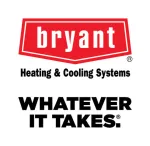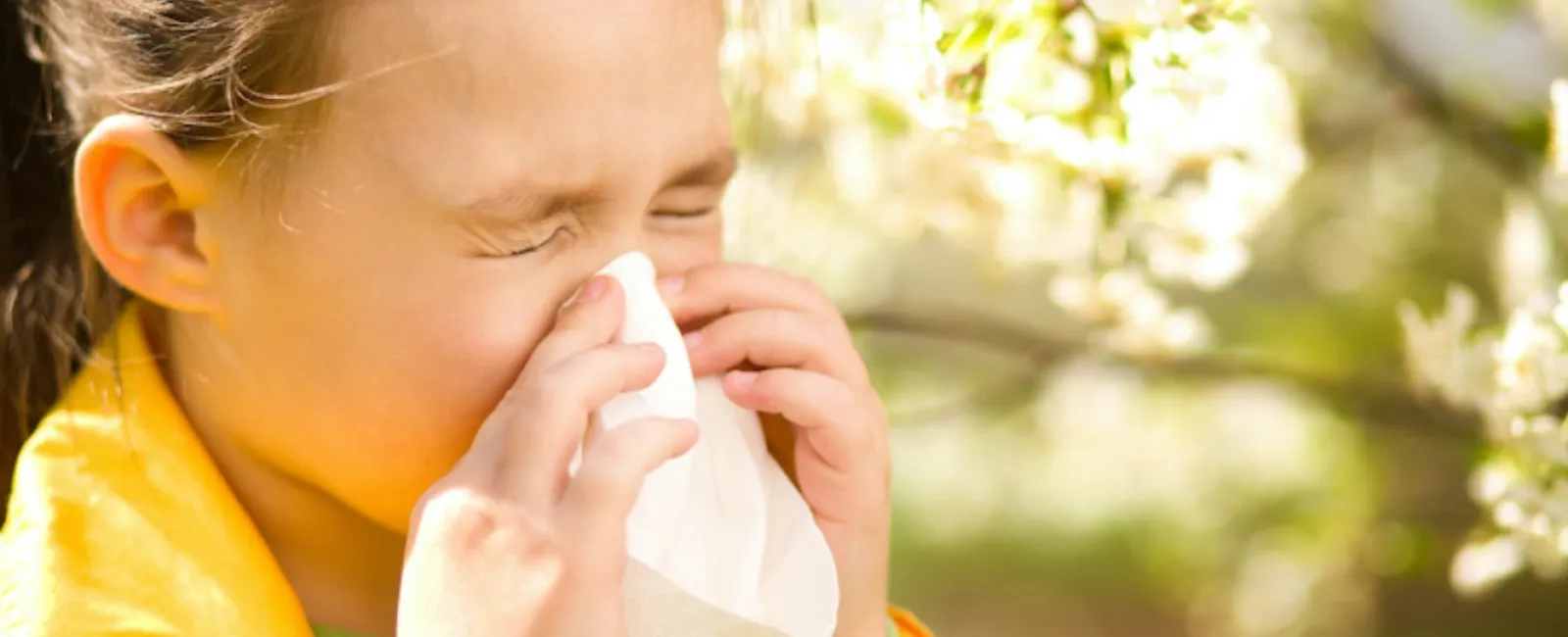As the seasons change and pollen fills the air, allergy sufferers brace themselves for the inevitable discomfort. Pollen, dust, and other allergens can wreak havoc on indoor air quality, causing discomfort and health issues for many individuals. Fortunately, your HVAC (Heating, Ventilation, and Air Conditioning) unit can be a powerful ally in the battle against pollen and other airborne irritants. In this blog post, we'll explore how your HVAC system can help keep pollen out and maintain good indoor air quality.
Effective Filtration: The key to keeping pollen out of your indoor air is effective filtration. HVAC systems are equipped with air filters designed to capture airborne particles, including pollen, dust, pet dander, and mold spores. High-efficiency particulate air (HEPA) filters are especially effective at trapping tiny particles, making them an excellent choice for allergy sufferers.
Regular Filter Replacement: To ensure optimal performance, it's essential to replace your HVAC filters regularly. Over time, filters can become clogged with dirt and debris, reducing their effectiveness at trapping pollen and other allergens. By replacing your filters according to the manufacturer's recommendations, you can maintain good indoor air quality and minimize allergy symptoms.
Proper Ventilation: In addition to filtration, proper ventilation is crucial for keeping pollen out of your home. Your HVAC system helps circulate fresh air from the outdoors while filtering out pollutants. By ensuring that your vents and ducts are clean and free of obstructions, you can promote better airflow and reduce the concentration of pollen indoors.
Humidity Control: High humidity levels can create an ideal environment for mold and mildew growth, exacerbating allergy symptoms. Your HVAC unit can help regulate indoor humidity levels, keeping them within the optimal range of 30-50%. By investing in a dehumidifier or utilizing your HVAC system's humidity control features, you can minimize allergen proliferation and maintain a comfortable indoor environment.
Air Purification Systems: For added protection against pollen and other allergens, consider installing an air purification system in conjunction with your HVAC unit. These systems use advanced filtration technologies, such as UV-C light and electrostatic precipitation, to neutralize airborne contaminants and improve indoor air quality.
Routine Maintenance: Regular maintenance is key to ensuring that your HVAC system operates efficiently and effectively. Schedule annual inspections and tune-ups with a qualified technician to address any issues and keep your system running smoothly. During these visits, your technician can also check and clean your ductwork, further reducing the presence of allergens in your home.
Sealing and Insulation: Proper insulation and sealing are essential for preventing outdoor pollutants, including pollen, from infiltrating your home. Inspect windows, doors, and other potential entry points for gaps and cracks, and seal them as needed to keep allergens out. Additionally, consider upgrading to energy-efficient windows and doors, which can provide better insulation and improve indoor air quality.
In conclusion, your HVAC unit plays a crucial role in maintaining good indoor air quality and minimizing the impact of pollen and other allergens on your health and comfort. By utilizing effective filtration, proper ventilation, humidity control, air purification, routine maintenance, and sealing and insulation techniques, you can create a healthier and more comfortable indoor environment for you and your family, even during allergy season. Don't let pollen keep you indoors—let your HVAC system help you breathe easier all year round.
Give us a Call at The Air Company of Georgia for all your HVAC needs. 404-583-7788




